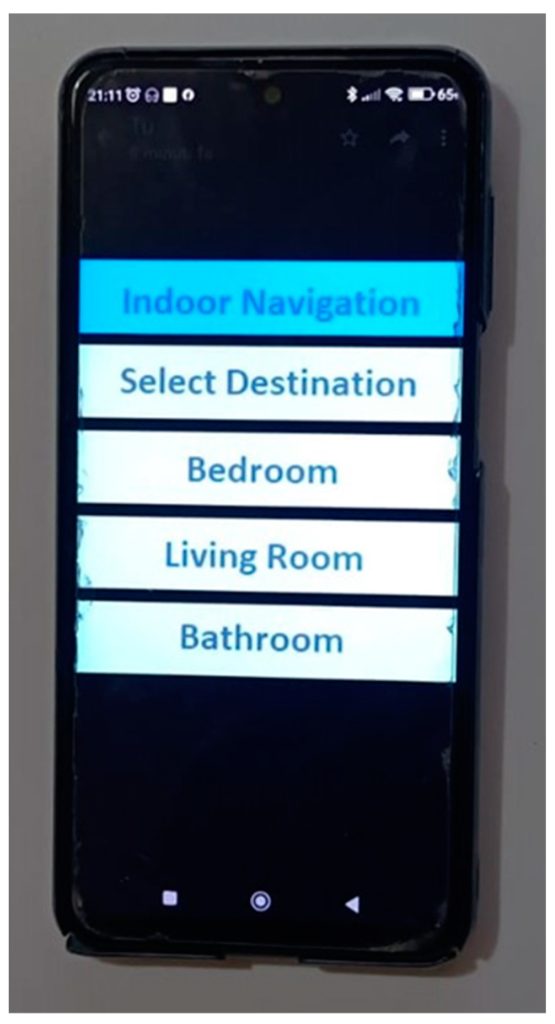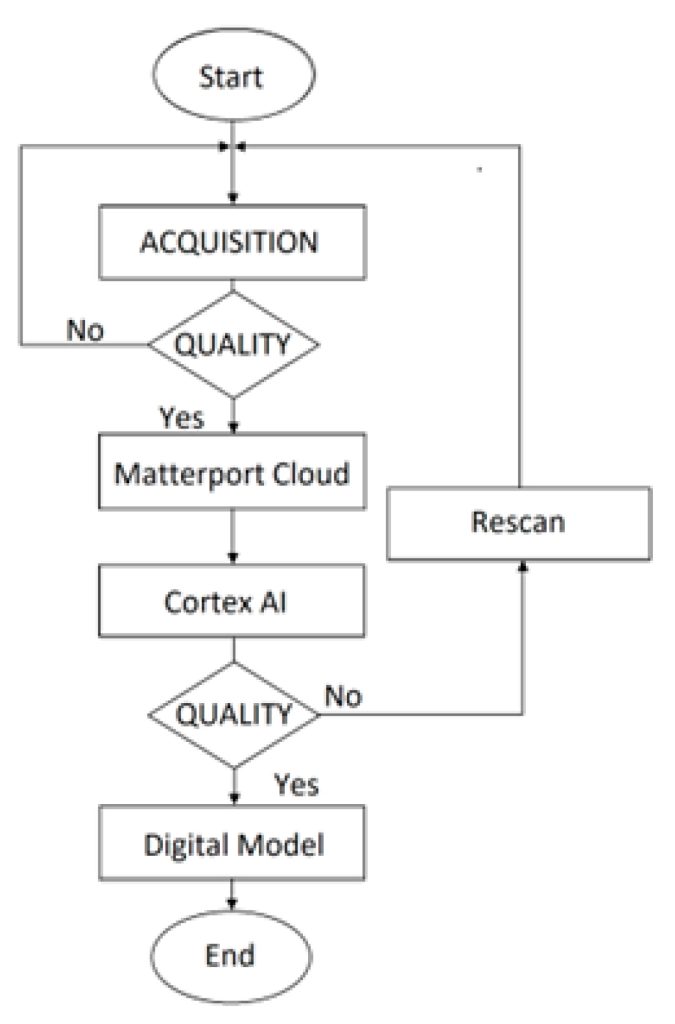A new research paper explores the development and application of an indoor navigation system using augmented reality (AR) technology, aimed at helping older people, especially those with Mild Cognitive Impairment (MCI) and Alzheimer’s disease. The use of technology aims to reduce the burden on caregivers and improve patient safety.
One of the key technologies used in the navigation system is iBeacon. This supports the identification of a user’s position, providing real-time navigation guidance by transmitting a unique signal to devices such as smartphones. iBeacons are strategically placed in buildings, allowing a smartphone or tablet to detect their signals and calculate the proximity to the beacon, aiding in determining the user’s location.

The indoor navigation system utilises iBeacon technology by placing beacons in different locations throughout the environment. As users move, their mobile device interacts with these beacons, receiving signals that help update their position on a digital map and provide step-by-step directions. This system also integrates augmented reality to superimpose visual cues, such as directional arrows, on the device screen, guiding users to their destination.

The use of iBeacon allows the indoor navigation system to function with high accuracy (typically within a few meters), making it suitable for complex environments like nursing homes or hospitals, where patients may have difficulty finding their way without assistance. It also works without requiring constant internet connectivity, which can be a major advantage for offline operation in secure environments. This technology is low cost, easy to deploy, and scalable, making it an ideal solution for healthcare settings focused on enhancing the mobility and autonomy of elderly individuals with cognitive impairments.